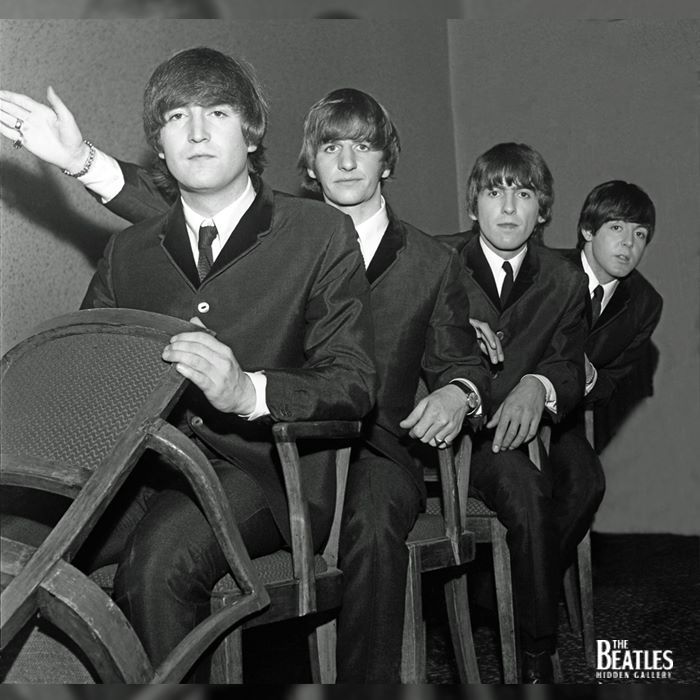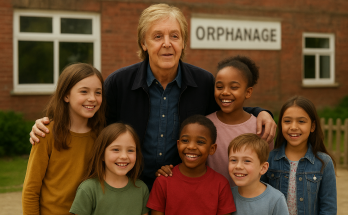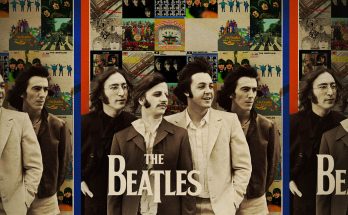How the world’s greatest band once faced rejection—and turned it into rocket fuel.
When we think of The Beatles, we often picture sold-out arenas, screaming fans, and music history being made with every note. But like all legends, the Fab Four didn’t start at the top. In fact, there was a time when they were booed off stage—and it became a defining moment in their rise.
The Struggles Before Stardom
Before Beatlemania took over the world, The Beatles were just another band grinding it out in the clubs of Liverpool and Hamburg. They played anywhere that would book them: bars, dance halls, strip clubs, even rough working men’s clubs where no one cared who they were.
One such night was at the Litherland Town Hall in Liverpool in 1960, when they were still finding their style and lineup. Though some gigs were electric, others were brutal. Crowds were impatient, drunk, and quick to judge. During a few early performances, including one notorious show at The Palais Ballroom in Aldershot, only 18 people showed up. And those who did? They weren’t impressed.
The Booing Incident
One of the most infamous early setbacks came during a show at the Majestic Ballroom in Birkenhead, where the band opened for a popular local act. The Beatles, still raw and scruffy in appearance, played a louder, wilder set than the crowd was used to. Their leather jackets and “rock ‘n’ roll” sound didn’t sit well with the audience that night.
As they launched into a cover of “Long Tall Sally,” the crowd began to boo loudly, shouting for the headliner instead. It was humiliating. George Harrison later said:
“We got booed off stage a few times. But it just made us tighter. We knew we had to be better.”
Hamburg: The Crucible of Fire
Ironically, it was their failures that forged them. Their time playing marathon sets in Hamburg, Germany toughened them. They played up to 8 hours a night, for months, often in seedy clubs like the Indra and the Kaiserkeller. There, they learned how to control a crowd, tighten their harmonies, and project real energy.
The hardship made them hungrier, sharper, and unbeatable as a live act.
From Booed to Beatlemania
By 1963, the very same UK audiences that once booed them were screaming so loudly they could barely hear themselves on stage. The Beatles had developed an unstoppable stage presence, backed by songs like “Love Me Do”, “She Loves You”, and “Please Please Me.”
They didn’t just bounce back—they rewrote the rules of the music industry.
The Lesson: Every Legend Starts Somewhere
The Beatles’ early failures weren’t setbacks—they were fuel. Being booed off stage gave them a reason to evolve. To polish their act. To work harder than anyone else.
It’s easy to forget that behind every success story are nights of doubt, rejection, and empty rooms. The Beatles endured all of it—and came out stronger, tighter, and ready to conquer the world.
Read this far?
Here’s your takeaway:
Even The Beatles had bad nights. What mattered is—they kept playing.



